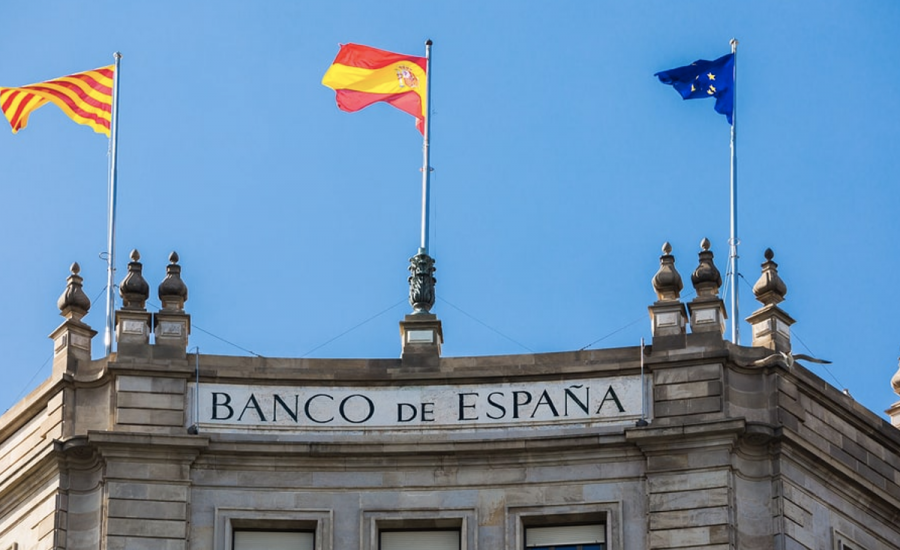Banking institutions in Spain are enthusiastically preparing to offer virtual currency services to their customers. These financial service companies have exhibited their interest in testing the cryptocurrency world.
However, these Spanish banks are reportedly frustrated due to the lack of clarity from the Bank of Spain, the European country’s central bank. We find this latest cryptocurrency-related news worthy of sharing with our readers.
We believe it demonstrates that more financial institutions worldwide are realizing cryptocurrencies’ relevance, making them decide to offer virtual asset-related services to their clients. Based on the news posted online by digital reports outlet JNews and online cryptocurrency news source CoinDesk, Spanish banks are waiting for regulatory clearness from the central bank.
In early June, the Bank of Spain announced that it would release a cryptocurrency registry by Friday, October 29. This publication will reportedly give registration instructions to cryptocurrency exchanges and virtual currency custody platforms that deliver crypto-asset services.
The circular also indicated that once the central bank releases the virtual currency registry, cryptocurrency exchanges and virtual currency custody platform companies would have the chance to sign up until Saturday, January 29, 2022.
The cryptocurrency registry principally targets combating money laundering. The Spanish banks are still waiting for the instructions at the time of writing as the Bank of Spain has not released any official document yet.
Moreover, there is uncertainty about whether the cryptocurrency registry is for financial institutions that are already regulated bodies or otherwise. Gloria Hernández Aler is regulatory advisory firm finReg360’s financial regulation professional.
She cited that it would not make sense for a Spanish bank to need to undergo the imposed requirements as these financial institutions are already supervised directly. Hernández Aler pointed out that it makes sense, however, for financial institutions in Spain to notify stakeholders that they would provide cryptocurrency services.
She also remarked that Spanish banks would probably need to modify their current money laundering rules to adapt to the dynamics of virtual assets. Meanwhile, as they presently lack firm direction from the central bank, several large Spanish banks are employing their compliance departments to know if they need to register to offer virtual asset-related services.
These banking service providers are exploring the possibility of delivering cryptocurrencies directly to their clients. We understand that Spanish banks find cryptocurrency services worthy of offering to their valued customers.
After all, these crypto-assets’ usage and overall significance are surging nowadays, and we believe they will continue to do so in the coming years.
We recommend the Spanish banks be patient with the Bank of Spain. We believe the central bank considers the consumers’ best interest, and it will not overlook these financial institutions’ similar intent.



